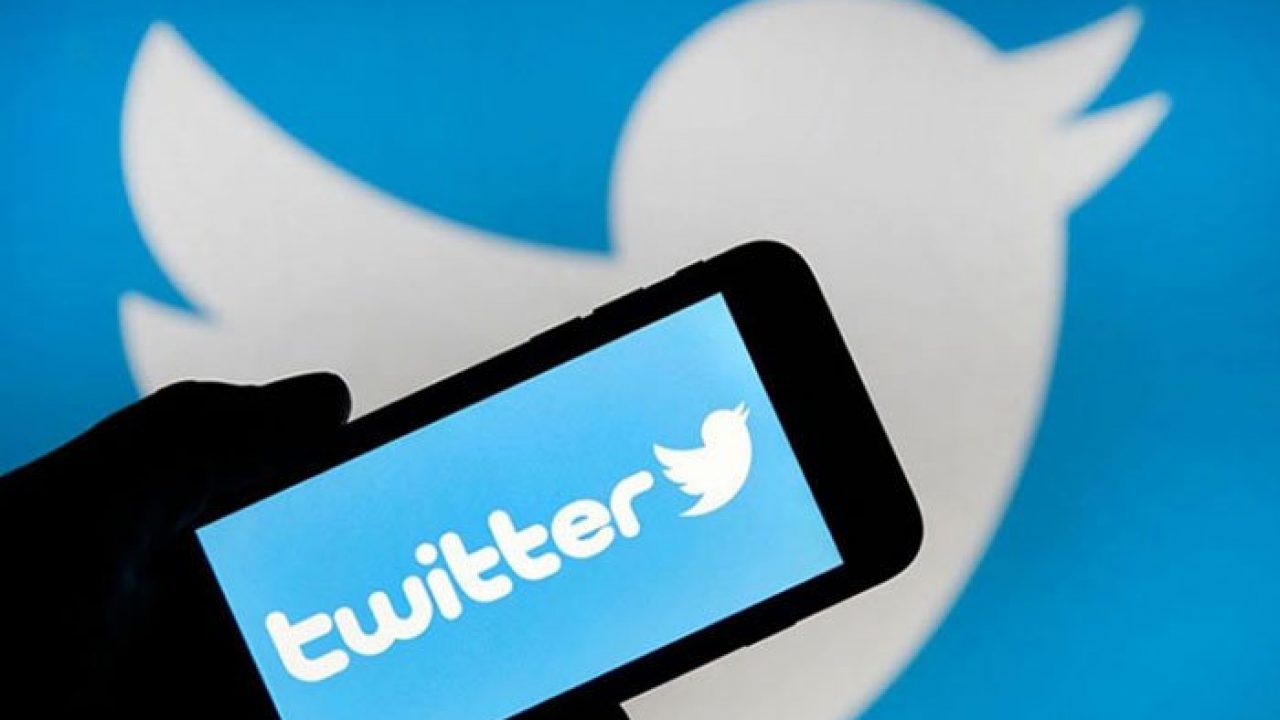Africa Daily News, New York can report that Nigeria’s economy has lost ₦499.32bn to the shutdown of Twitter since it came into effect on June 4, 2021.
On June 4, the Federal Government announced the suspension of Twitter after the social media platform deleted a tweet by the President, Major-General Muhammadu Buhari (retd.). Telecommunication companies had on June 5 blocked access to Twitter after receiving a directive from the Nigerian Communications Commission to that effect.
According to the NetBlocks Cost of Shutdown Tool, Nigeria’s economy loses ₦104.02m ($250,600) every hour to the ban on Twiter. It has been 4,800 hours (200 days) since the social networking site was blocked.
While giving his Independence Day speech, Buhari hinted that the ban would continue until Twitter registered in Nigeria, had a physical presence, and representation.
Recently, the Minister of State for Labour and Employment, Festus Keyamo, said Twitter had agreed to the nation’s conditions for the suspension to be lifted.
Keyamo, who is also a member of the committee set up to engage Twitter over its suspension, said, “The reason why the President took that step is to recalibrate our relationship with Twitter and not to drive them away from our country.
On 5 June 2021, the Nigerian government officially put an indefinite ban on Twitter, restricting it from operating in Nigeria after the social media platform deleted tweets made by the Nigerian President Muhammadu Buhari warning the Southeastern people of Nigeria of a potential repeat of the 1967 Biafran Civil War due to the ongoing insurgency in Southeastern Nigeria.
The Nigerian government claimed that the deletion of the President’s tweets factored into their decision but it was ultimately based on “a litany of problems with the social media platform in Nigeria, where misinformation and fake news spread through it have had real world violent consequences”, citing the persistent use of the platform for activities that are capable of undermining Nigeria’s corporate existence.
AFRICA TODAY NEWS, NEW YORK

